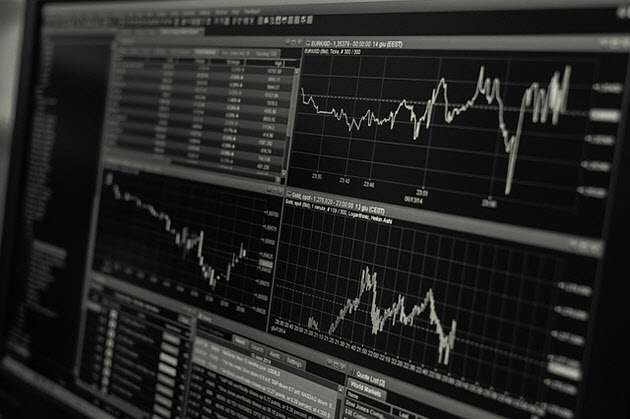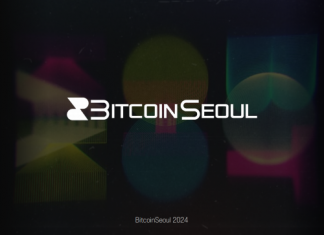
As KB Kookmin bank applied the trademark for a virtual asset (cryptocurrency) management service called ‘KBDAC’ with the Korea Intellectual Property Office (KIPO) in January, commercial banks began to enter the virtual asset market in earnest. Banks can register as virtual asset service providers if they meet certain requirements based on the amendment to Specific Financial Transaction Information Act that passed the National Assembly earlier this month. Due to this trend, there will be fierce competition for market dominance between commercial banks and existing virtual asset exchanges.
◇KBDAC provides various virtual asset trading services
According to KOPI, KB Kookmin Bank applied a trademark for KBDAC, a virtual asset management service, with KOPI on January 31, and is waiting for examination. DAC of KBDAC stands for Digital Asset Custody. KBDAC includes comprehensive services for virtual assets such as trading, trust, over-the-counter (OTC), advice, and investment management.
KB Kookmin Bank made a business agreement with blockchain technology company Atomrigs Lab in June last year to develop blockchain-based virtual asset management technology. The two companies have announced that they will research virtual asset protection technology and the application of smart contract and find new businesses.
KB Kookmin Bank has particular interest in the virtual asset market. It made a business agreement with LG in January of last year and joined the expansion of blockchain-based services. LG CNS is trying to activate ‘Magok Community Currency’ through the head office in Magok. KB Kookmin Bank is improving the service reliability as a settlement bank.
◇Decentralized finance of commercial banks
KEB Hana Bank applied for 47 blockchain-related patents. Especially, they are working on blockchain-based ‘GLN’ payment network. GLN network provides innovative functions to be an alternative to the ‘SWIFT’ network currently used in the global financial market.
Shinhan Bank has planned blockchain business since 2017 and has been attempting to combine blockchain with a financial system. It applied blockchain verification system to ‘Shinhan Doctor Loan’, a loan product for doctors last year, and blockchain smart contract for interest swap transactions in 2018. It continues to invest in blockchain startups.
The industry interprets the movement of banks is because the Korean market is rapidly changing and virtual assets have entered the formal sector of the global financial circles. Also, the immediate action of virtual asset exchanges can have a big impact on banks.
◇Many banks in Germany have applied for custody service license
According to the Federal Financial Supervisory Authority of Germany in February, more than 40 German commercial banks applied for a virtual asset custody service license. As the German government applied new anti-money laundering law starting this year to regard virtual assets as financial instruments, bank’s entry into the virtual asset market increased.
Bakkt, an American virtual asset exchange launched through influx of institutional investors last year, offers not only derivatives but also custody service for institutional investors. Bakkt plans to launch a virtual asset payment mobile application this year and enable virtual asset payment in Starbucks.
ING Group, an international financial company, announced last year that it will begin developing custody technologies to safely store virtual assets of customers. ING explained, “Because banks use blockchain technology mainly for customer support, we also start the business to improve customer service.” Fidelity, the world’s largest asset management company, is also preparing for growth in market by operating custody business in New York.
Kim Sang-woo(2020.04.06) [비바100] 가상자산 신호탄 쏜 KB국민은행… 전통 은행, 거래소와 경쟁할까
retrieved from http://www.viva100.com/main/view.php?lcode=&series=&key=20200405010001513










